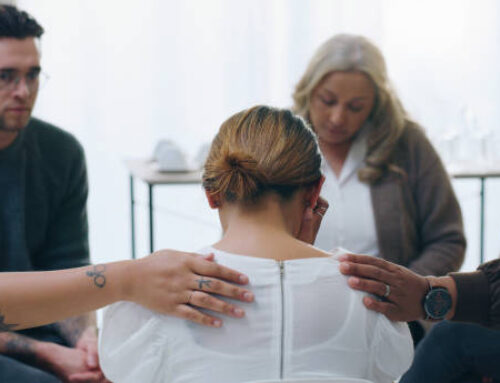The Centers for Disease Control reported in Q4 of 2020 that alcohol use was on the rise as a result of the COVID-19 pandemic. The study found that while the rate of overall Americans who struggle with binge drinking or alcohol use disorder (AUD) each year jumped by 14%, the increase year-over-year was surprisingly higher for just women – 41%. While we continue through Women’s History Month this March, let’s dive into why this issue has risen to the forefront of the addiction community.
As the pandemic rages on and the public is encouraged to spend as much time at home as possible, women frequently bear the burden of household duties and childcare. Combined with remote learning, virtual working or the loss of employment, and little-to-no alone time, women are turning to alcohol to cope. Now, a year later, people are faced with pandemic fatigue while grappling with depression and anxiety.
So how do we get our minds and bodies back on track? It’s important to recognize that we’ve all been through an incredibly tough year and that we each need to take some time for healthy, stress-reducing activities like reading a book, going for a walk, exercising, crafts, house projects and more.
Getting into a routine is a huge part of helping people in active addiction transition into recovery. Our routines may have been interrupted when the lockdowns began, but we can create new ones that can help us until we can get back to normal life. These can begin with regular sleep cycles, eating nutritious foods throughout the day and getting enough physical activity. Making constructive choices will help maintain structure and discipline, and that all starts when we take care of our bodies.
Secondly, try to maintain a realistic social support network among friends, family, coworkers, etc. When people are struggling with misuse or addiction, they tend to isolate themselves from the people who care about them. But there is no shame in reaching out to say, “I need some help, can you talk?” Virtual Alcoholics Anonymous meetings are continuing to occur through the pandemic, so do some research for groups that are the best fit for you.
Consider asking for someone to sponsor you. Sponsors are typically someone in long-term recovery, who has been in your shoes and can help be that shoulder to lean on when you need it most. We may be physically far apart, but community is just a phone call away.
Third, set goals for yourself. Do you have fitness goals? What kinds of exercises should you do to reach those goals? Talk to a personal trainer and/or a nutritionist and find out! Or maybe you want to learn how to make furniture, ride a motorcycle, or bake bread. Whatever it is that makes you happy and fulfilled, spend the time that you would normally spend drinking on reaching those goals.
If your drinking is serious and you start to feel sick when you attempt to stop, it may be time to check into a medically monitored detox facility and consider long-term rehab. Don’t try to detox from alcohol on your own. In some cases, withdrawal from alcohol has been fatal, so it’s important to seek out professional help.
Remind yourself that you’re not in this struggle alone. The pandemic has affected everyone in different ways and you’re doing the best you can. Overdrinking is a bump in the road and there are ample resources to help you get back on track.
If you or a loved one is struggling with binge drinking or alcoholism, call the New England Recovery Center today at 1-877-MyRehab and speak to our professionals about your recovery. Hope is here!










